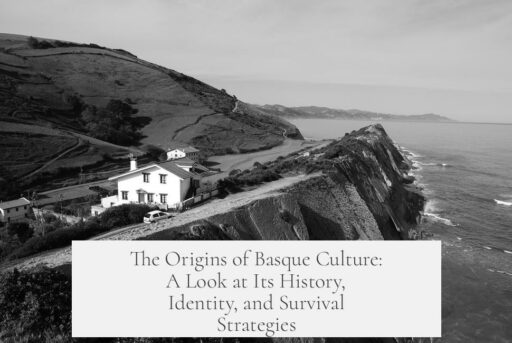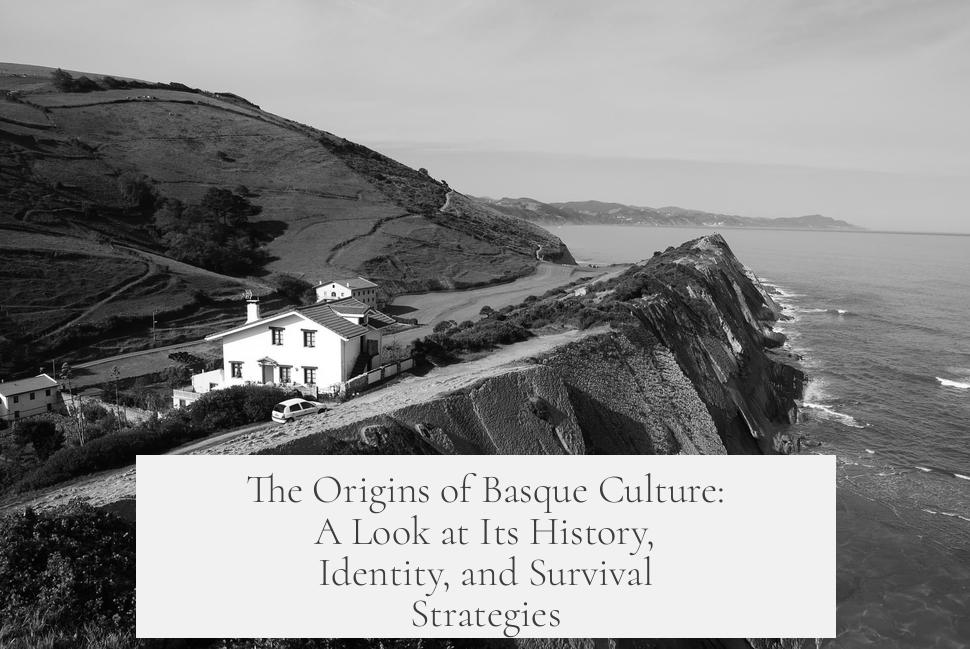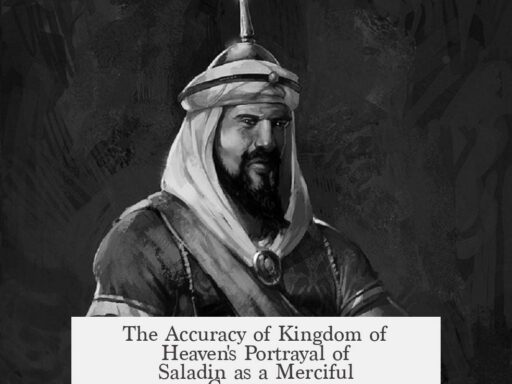The Basque culture originates from one of Europe’s oldest known populations, maintaining unique linguistic, ethnic, and cultural traits over millennia. This distinctiveness stems from their ancient roots predating Indo-European invasions, a geographically isolated homeland, and a firm preservation of language and customs despite historical pressures.
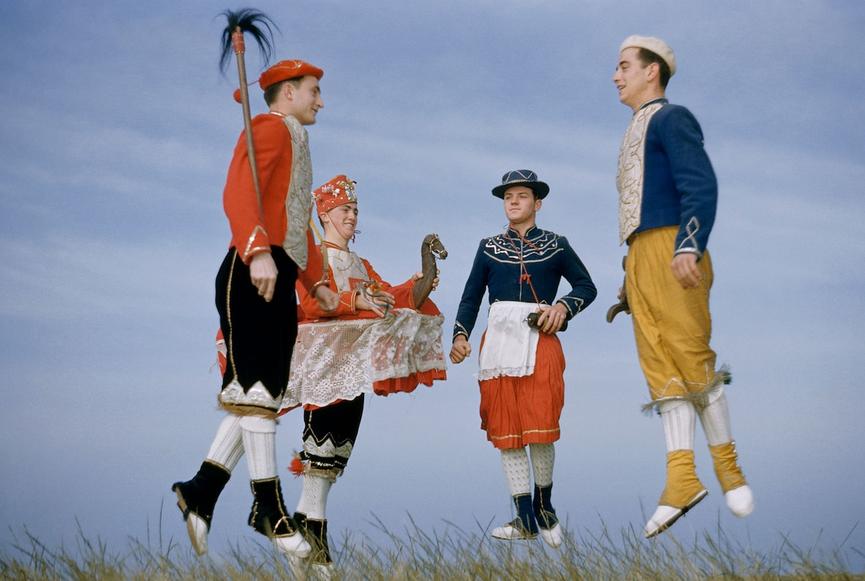
The Basque people speak euskara, a language unrelated to the Romance languages of Spain. Unlike Spanish, Catalan, or Galician, Euskara has no Latin roots. Linguists consider it a language isolate. This uniqueness underscores the Basques as descendants of pre-Indo-European inhabitants of the Iberian Peninsula, making their cultural and linguistic heritage exceptionally rare in Europe.
Geography plays a critical role. The Basque Country lies in the western Pyrenees, surrounded by rugged mountains and the Bay of Biscay. This difficult terrain hindered large-scale foreign invasions and enabled the Basques to resist conquest by Romans, Visigoths, and Moors. Their region’s scarce resources and fierce independence deterred many invaders. Such isolation helped them preserve their distinct culture and language for thousands of years.
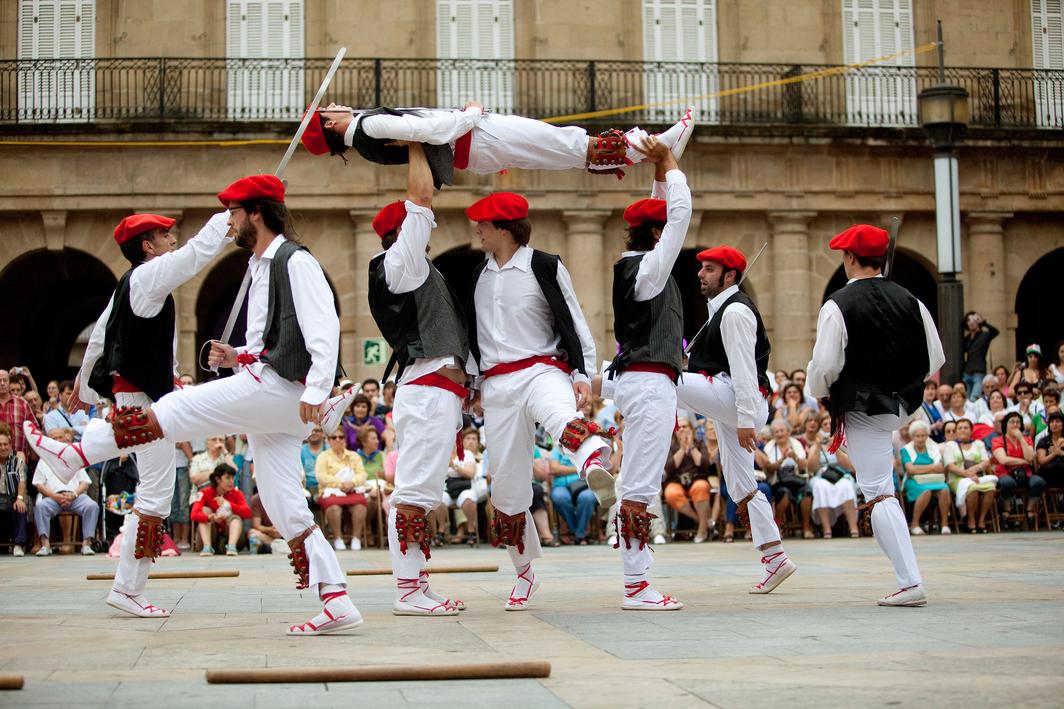
The Basques have a clear ethnic identity, evidenced by physical anthropology and cultural markers. They exhibit specific traits, such as a long straight nose and thick eyebrows, which anthropologists distinguish as “Basque type.” Ancient Roman records first mention them two centuries after 218 BC, describing an established and ancient people rather than newcomers.
Historically, their political situation was unique. When Spain unified under Ferdinand and Isabel in the early 16th century, the Basques and Navarrese received special privileges in exchange for allegiance. These political pacts allowed the Basques local control, including preserving their language and customs. However, the Bourbon dynasty later revoked these privileges, intensifying conflicts.

The 19th century saw a rise in Basque nationalism influenced by Romanticism, which promoted ethnic pride by emphasizing language, folklore, and tradition. This cultural movement inspired the early independence movement. During Franco’s dictatorship (1939–1975), euskara was banned, fueling resistance. In response, the militant group ETA formed in 1959 to oppose Franco’s suppression aggressively. Though controversial, ETA’s activities highlighted deep Basque dissatisfaction and a persistent desire for autonomy or independence.
Unlike many Iberian cultures, which absorbed Celtic, Roman, Visigothic, or Moorish elements, the Basques maintained a continuous cultural thread. Other Iberian peoples, such as the Lusitanians and Celtiberians, assimilated with outsiders over time. Basques stood out as the longest-surviving indigenous group on the peninsula.
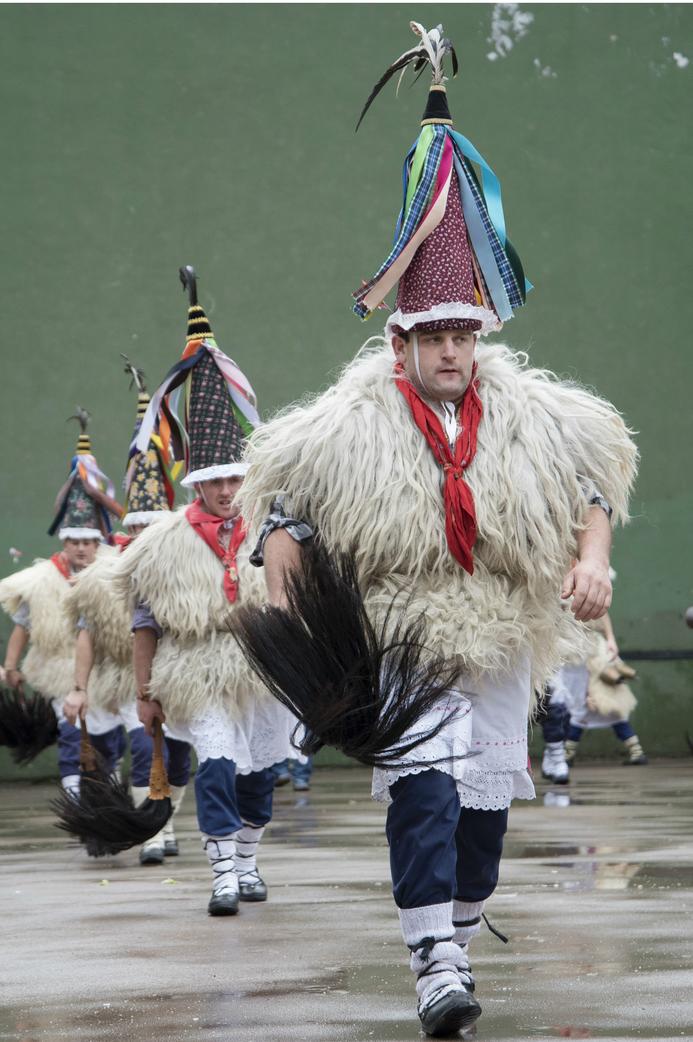
This cultural resilience reflects strong social attitudes. Historically, Basques distrusted strangers and fiercely guarded their language and customs, agreeing to external rule only when their autonomy was respected. This protective stance helps explain their enduring culture amid an often turbulent history of conquest and political change.
Today, Basque culture remains vibrant. Euskara has been revived in education and public life after Franco, and regional governments promote cultural heritage. Cities like Bilbao feature museums celebrating Basque history. The Basque Country balances modern development with deep respect for its unique identity.
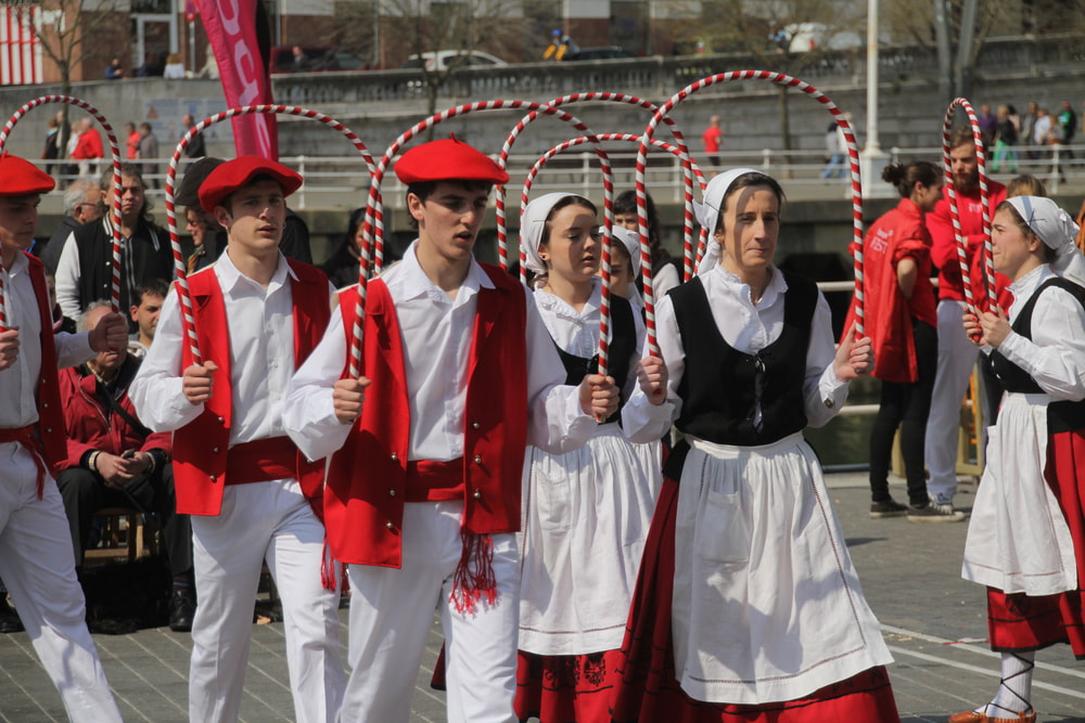
Scholars and visitors interested in Basque culture often turn to Mark Kurlansky’s The Basque History of the World. It provides a rich exploration of the Basques’ origin, language, and influence. Anecdotes about pre-Columbian Basque fishermen possibly reaching North America hint at their adventurous spirit and enduring maritime tradition.
| Aspect | Details |
|---|---|
| Language | Euskara, a language isolate unrelated to Indo-European family |
| Geography | Mountainous region in the Pyrenees, hard to conquer |
| Ethnic Identity | Ancient people predating Indo-European invasions; distinct physical traits |
| Political Status | Historically enjoyed special privileges, revoked under Bourbon rule |
| Historical Resistance | Strong nationalist movements, ETA formation during Franco era |
| Cultural Preservation | Maintained language and customs through isolation and political pacts |
- Basque culture originates from pre-Indo-European peoples with a unique language.
- Geographical isolation prevented conquest and cultural assimilation.
- Political agreements historically preserved Basque autonomy and customs.
- 19th-century Romanticism sparked Basque nationalism, continuing today.
- Basque culture survived through bans and repression.
- Modern revival of Euskara and cultural pride thrives.
Unveiling the Origins of Basque Culture: A Journey Into Europe’s Oldest Puzzle
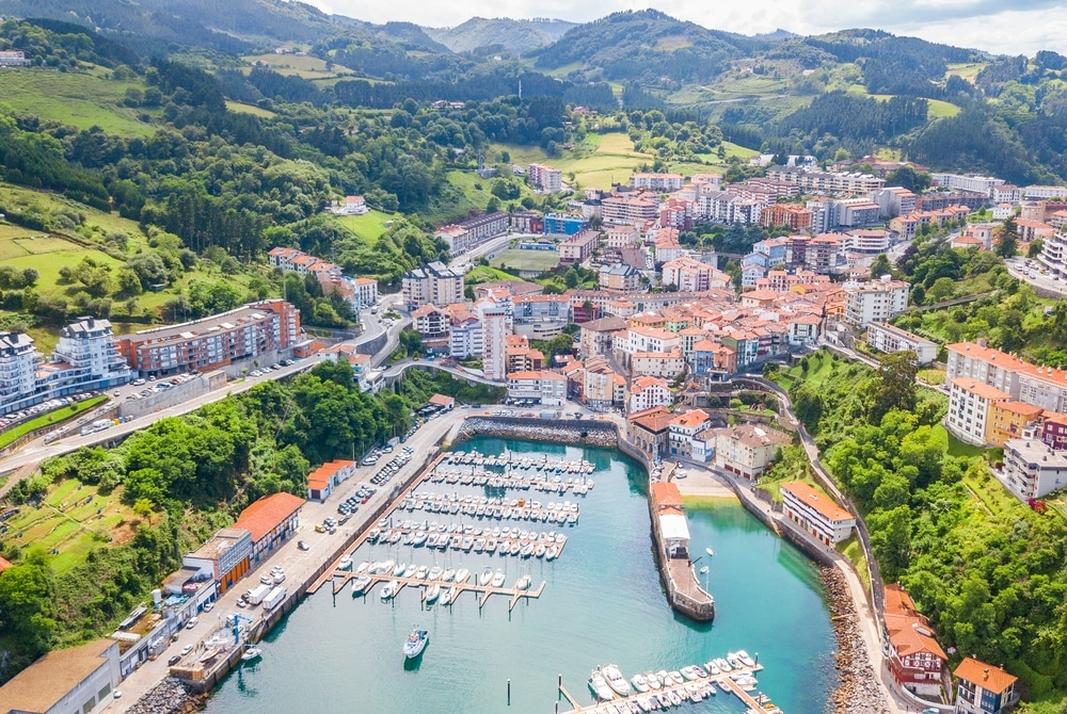
If you ever find yourself intrigued by one of Europe’s most enigmatic peoples, the Basques, you’re in for a treat. The origin of Basque culture is truly unique, tracing back to prehistoric times, standing resilient through waves of conquest, and maintaining a distinct identity through language, geography, and tenacity. But what exactly makes Basque culture so fascinating? Let’s dive into this enduring mystery.
Have you ever wondered why the Basque language, Euskara, stands apart from every other European tongue? Unlike Spanish, French, or Catalan, Euskara doesn’t spring from Latin roots. Instead, it’s a linguistic island in a sea of Indo-European languages. This language, whose name was coined only in the early 20th century, had no official name before then. Under Franco’s regime, Euskara was banned, transforming it into a symbol of rebellion and cultural survival for the Basques.
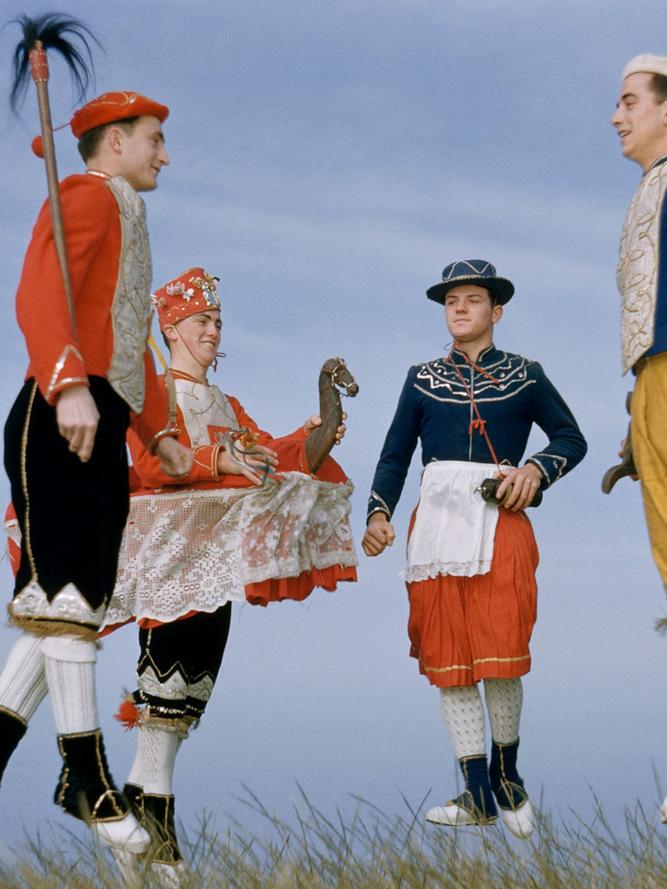
Imagine a language that persists without a single ancestor language in surroundings dominated by Latin-derived tongues. That alone sets the Basques apart.
Geographic Fortress: Mountains Guarding Identity
One key reason the Basque culture has endured lies in geography. Enclosed by towering mountains, the Basque country proved a nearly impregnable fortress. Its rugged terrain complicated conquest efforts by various invading forces — the Romans, Visigoths, and later, the Muslim Moors all largely bypassed full domination.
These mountaineers were fierce warriors, highly suspicious of outsiders, and deeply proud of their hard-won independence. The scarcity of natural resources also meant invasions didn’t promise tempting spoils, making the effort less worthwhile for conquering powers. It’s a classic case of “not worth the hassle.”
A Political Puzzle: The Pact of Privileges
The Basques’ unique political relationship in Spain also sheds light on their cultural survival. When Spain unified under Isabel and Ferdinand, most regions faced uniform policies. The Basque Country and Navarre, however, struck a political pact in 1512, granting them special privileges allowing them to maintain some autonomy.
This pact highlights Spain’s pragmatic approach: instead of forcing assimilation, it at first accommodated the Basques. But when the Bourbon monarchy came to power, these privileges were stripped away, starting a cycle of tension and resistance.
Ancient Roots: A Pre-Indo-European People
The Basques are one of Europe’s oldest surviving peoples. Records of them begin only centuries after the Roman arrival in 218 BC, but they were already established by then.
Scientists and historians believe Basques descend from pre-Indo-European inhabitants of Europe. This explains their distinctive genetic and cultural traits. For instance, ethnographers describe a “Basque type” featuring a long, straight nose, thick eyebrows, strong chin, and long earlobes. Physical, cultural, and linguistic originality all intertwine here.
The Romantic Spark and Modern Resistance
The 19th century’s Romantic movement rekindled interest in unique cultures — including the Basques’, who looked back proudly on centuries of isolation and difference. This cultural revival planted seeds for the Basque independence movement.
During Franco’s brutal dictatorship, the outlawed language and culture became powerful symbols of defiance. ETA, an infamous Basque separatist group, emerged in 1959 with the aim of violently opposing Franco’s unified Spain policy and repression of Euskara.
Even today, many Basques identify primarily as Basque first, Spanish second. The legacy of persistence and pride remains alive.
Comparing Cultural Survival in the Iberian Peninsula
The Basques hold the distinct honor of being the oldest culture to inhabit the Iberian Peninsula with continuous survival. Other groups—Lusitanians, Celtiberians, Celtici—arrived later and faced heavy cultural blending due to Roman, Visigothic, and Moorish invasions.
While Castilian Spanish became dominant after Ferdinand and Isabella united Castille and Aragon through marriage, Basque culture endured vigorously. Compared to Catalans and Galicians, Basques arguably maintained their language and customs more successfully.
The Social Fabric: Distrust and Autonomy
A recurring theme is the Basques’ distrust of outsiders, intertwined with fierce defense of their traditions. Their homeland’s geographic barriers complemented this mindset beautifully.
Their enduring cultural footprint even shows up in place names, a testament to their indigenous origins and lasting influence. Ever wondered why so many Indian names remain in North America? The Basques’ hold on their land is a European parallel.
For the Curious: Where to Explore More
Hungry for more? Pick up A Basque History of the World by Mark Kurlansky. It’s a fantastic blend of storytelling and scholarship that breathes life into Basque history. Kurlansky’s work highlights fascinating tidbits, including speculation that Basque fishermen may have reached America’s East Coast before Columbus—one of many Basque legends.
Better yet, visit Bilbao and dive into the culture firsthand. The Guggenheim Museum isn’t the only gem—Basque hospitality and landscapes offer countless stories.
One Last Thought: Neanderthals and Basques?
Did you know? Some researchers speculate that Basques might carry genetic traces from Neanderthals, making their history stretch beyond even the ancient Europeans. This adds another layer of complexity to the puzzle of their origin and uniqueness.
So, why study Basque culture? Because it’s a living example of what it means to survive and maintain identity against overwhelming odds. Their language, landscape, social resilience, and political history tell a story not only of a people but of cultural endurance itself. It’s a reminder that individuality can persist amid homogenizing forces.
What’s next? Maybe a trip to Euskadi, a deep dive into Euskara, or some passionate debate about the future of this remarkable culture. One thing’s for sure: the Basques have woven a captivating tapestry of heritage that invites both admiration and curiosity.
